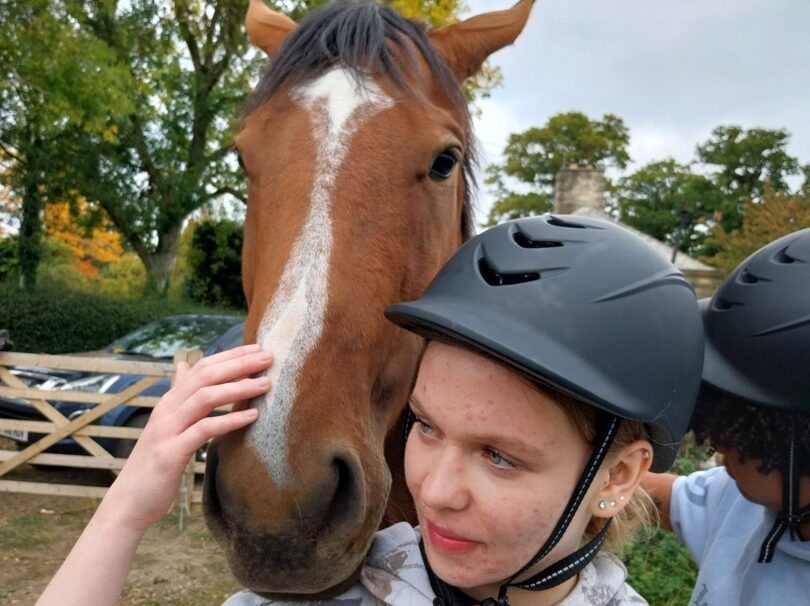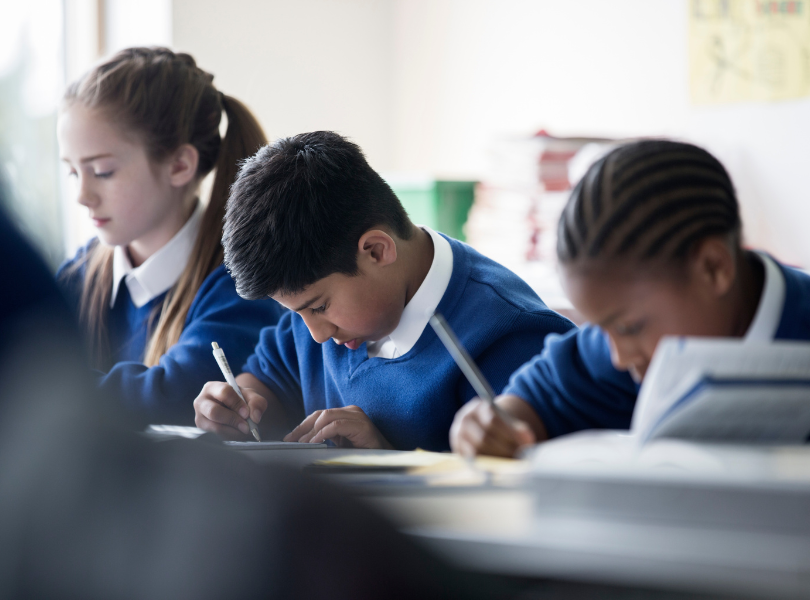Trigger Warning: This post contains details of self-harm and suicide
As a society we are not great at sanctioning expression of negative feelings; whether it be anger, despair, frustration or sadness. In the current world, so badly affected by the Covid pandemic and by global and financial insecurity, it’s unsurprising that children feel more anxious and alone than ever; many of them have very few supportive relationships. Contact with school friends and supportive teachers have been fractured by lockdowns; spending more time alone in their bedrooms with social media and its negative bias as their major point of contact. A child may easily feel that attempts to share their feelings are knocked back by parents, peers and teachers who have other ‘more important’ priorities. The concerns that are huge to teenagers for example, how they look, how their friends view them, can be unintentionally dismissed as of no importance by the adults around them, who feel there are more serious worries to focus on. It is hard to maintain a no hierarchy on feelings! Daily, we are all guilty of dismissing someone else’s primary concern as it does not rate high on our barometer of legitimate worries, and if feelings are regularly bottled up, we tend to search for a release. Tragically, self-harm can become a habit which is hard to break; a struggle to control the uncontrollable. It can be a cry for help. At its worst suicide is the ultimate release.
As teachers we need to know that we do not need to rescue or be the expert who can ‘solve’ this, but are part of a safety net for the children in our care. Entering conversations and acknowledging children’s despair can feel totally outside our comfort zones, yet evidence shows that being able to talk about and share feelings in itself is positive and helpful. At Jamie’s Farm, we have learnt by listening to nearly 10,000 children that they clam up if they feel we are too direct in our questioning. They themselves are confused about why this is happening. As children, they are governed by emotions more than thoughts and live in the here and now, unavailable at times to reason, but they always need to feel loved and loveable. The right time and place for these conversations can be difficult to find in busy schools where teachers’ agendas are overflowing with demands. Yet, when adults can model a degree of calm, warmth, acceptance and acknowledgment that the emotional landscape underpins all that we are and do, they give a child a sense of security. It is seldom a one off conversation that reaps change, but we need to trust over time we can make a difference.
Tish Feilden
Further resources for schools:
– Sensitive Conversations Support Sheet – produced by Jamie’s Farm
–Young people who self-harm: A guide for school staff – developed by Oxford University
–Samaritans: Support for schools and teachers
–Mentally Healthy Schools – Anna Freud Centre
In Focus: Episode 1
Select a platform to listen on here
If you don’t already, you can follow Tish and Jamie’s Farm on Twitter here: @JamiesFarm and @FeildenTish



